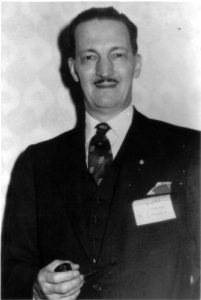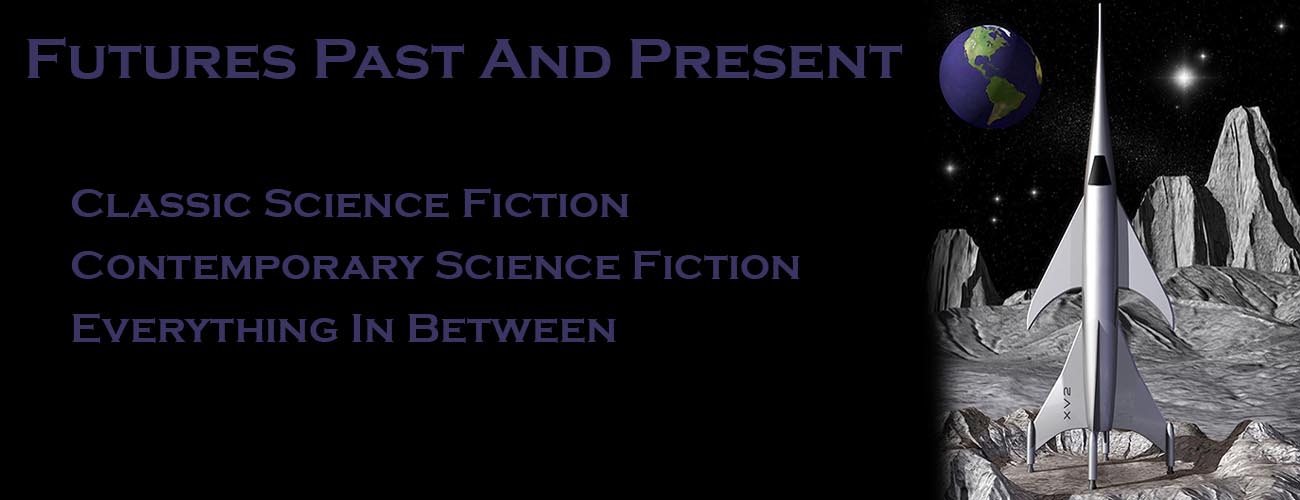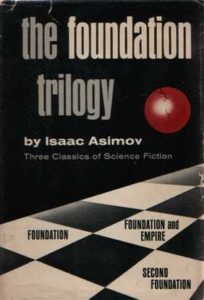So as I was writing yesterday’s post on Raymond Z. Gallun and his story “Old Faithful”, I couldn’t help but think of H. Beam Piper’s “Omnilingual”. Both stories concern communication between Earth and Mars. Gallun dealt with two living species trying to find common ground for communication. Piper ups the ante by having a group of archaeologists, or rather one archaeologist in particular, try to find common ground and read the writings left behind by a long dead race.

H. Beam Piper
After posting that review, I checked the ISFDB to see if there were any birthdays of note today. Lo and behold, whose name did I see but H. Beam Piper’s? Talk about good timing. (The universe made up for it this today.)
Henry Beam Piper was born on March 23, 1904. He has been forgotten by many readers, especially younger readers, and that’s a shame. He was one of the best writers the field produced in the middle of the last century. If he had lived longer (he died in 1964), perhaps he would be better known today.
Piper published most of his stories in Astounding, so this post also counts at a 90th Anniversary post for Astounding. “Omnilingual” first appeared in the February 1957 issue.
This review is going to contain spoilers. If you want to read the story first, it’s currently available in The Rise of the Terran Federation, edited by John F. Carr or in the H.Beam Piper Megapack, which contains some of his nonfiction. Continue reading →
 Today, March 23, marks the birth of H. Beam Piper (1904-1964). I’ve been a fan of Piper’s since I read his future history stories, of which the Fuzzy novels are a part, when I was in high school, way back in [REDACTED].
Today, March 23, marks the birth of H. Beam Piper (1904-1964). I’ve been a fan of Piper’s since I read his future history stories, of which the Fuzzy novels are a part, when I was in high school, way back in [REDACTED].
